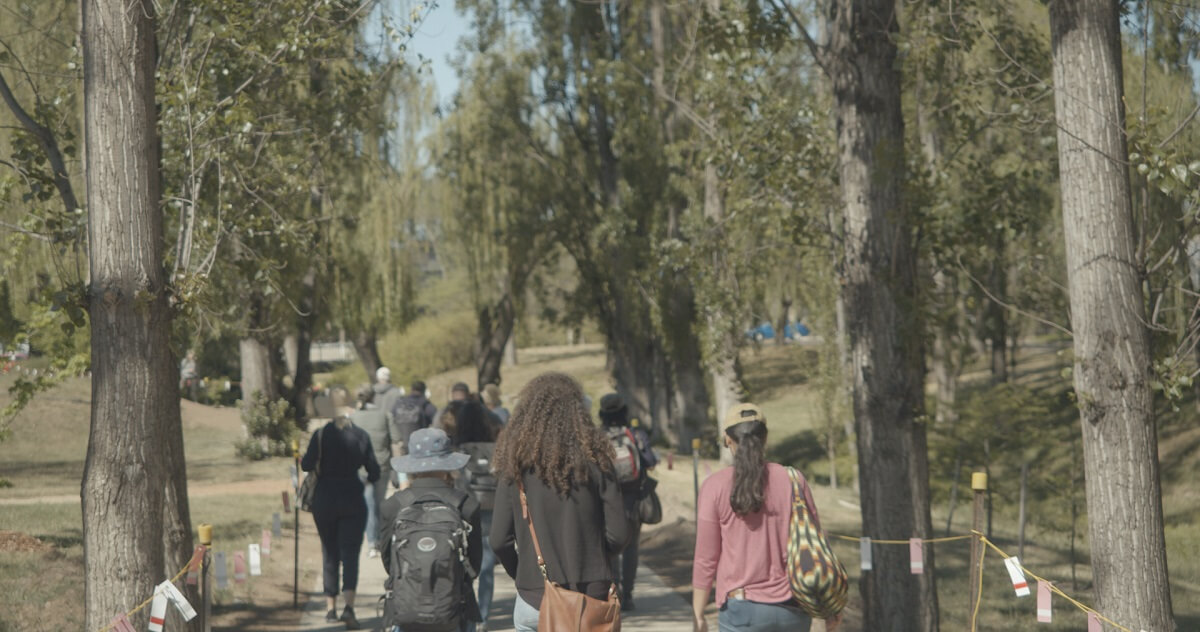“Decolonial Possibilities” originally called “Indigenous Remix” is a Flagship project of the School of Culture, History and Language at the ANU that brings together Indigenous scholars from across Australia, the Pacific and Asia, in an ongoing dialogue about what it means to practice decolonial academic work.
Across the world, the university system has advanced colonial modes of education and research through its intrinsic relationships with the nationalist project of the settler-colonial state. As a result, universities exist as haunted sites of neo/colonial power and violence. They have historically functioned as imperial observatories to study and construct knowledge about Indigenous people, rather than producing work by, for and with Indigenous people
Indigenous theorists and educators have increasingly responded to this problem by furthering decolonial academic work in many forms. Our project seeks to encourage critical conversations about this work – what it does, why it’s necessary, and what its possibilities and limitations might be. How can Indigenous scholars from Australia, the Pacific and Asia work together and with allies to unmake relations of colonialism on our campuses? How do we articulate and invoke Indigeneity in postcolonial and settler-colonial contexts, and to what end? How can we creatively imagine and move towards decolonial futures of education, research and outreach, even in the persistently colonial university? How can we design university spaces of teaching, research and community-building that encourage people to collectively practice such transformation? What burdens rest on Indigenous scholars doing this work, how can scholarly communities of care evolve to support them, and what might decolonial wellbeing look like?
These are big questions, and we wanted to gather some like-minded scholars from around our region to move through them together. In October 2019 we hosted a workshop and series of public panels that brought together Indigenous scholars, artists and activists on Ngunnawal and Ngambri land. Together, we generated new perspectives and dialogues on the ways in which decolonial work is undertaken at universities and beyond. The in-person gathering, captured through a short film, was the beginning of a conversation that we hope will grow to include more voices, and shift as our world changes.

Our core collaborators from that workshop are scholars and artists who work across archives, texts, material sources, place and environment. Crucially, they each have a creative practice alongside their research and education work. We frame our collaboration through the concept of ‘remix’, which highlights our widening trans-Indigenous regional dialogue, and the ways in which many Indigenous scholars weave customary values, beliefs and forms of knowledge production with disciplinary and interdisciplinary approaches, while underscoring the need for historical and political justice.
This website is a platform from which further conversations can emerge. Dissatisfied with the ways that university research attempts to control and master knowledges, we seek here to put into practice something quite different. We hope that our film and accompanying resources help provoke conversations in your own communities and universities. We’d love you to get to know you and your thoughts, too – please consider completing our survey so that we can better understand how these conversations are happening in your world, and we invite posts to our blog if you have something to say.

